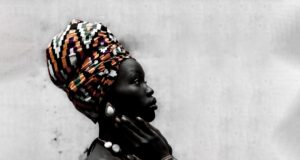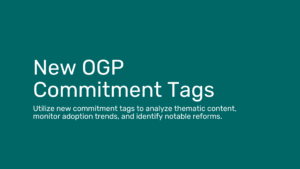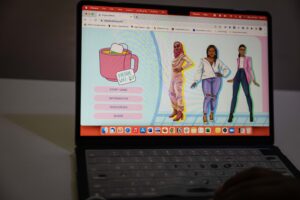
Five Feminist Lessons from a Super-Election Year
Five action research projects funded by the International Development Research Centre’s (IDRC) Feminist Open Government Initiative show that progress in gender and inclusion is possible when local coalitions have the right tools and allies, explore key lessons.




